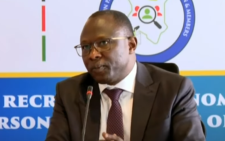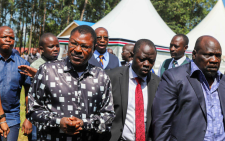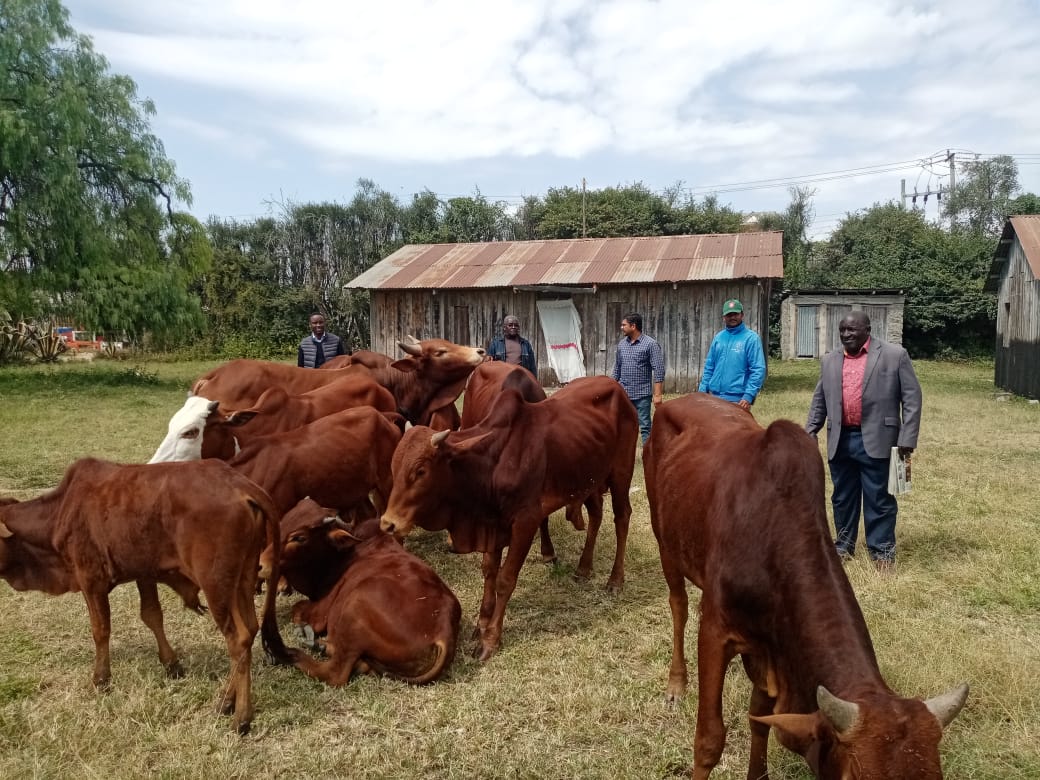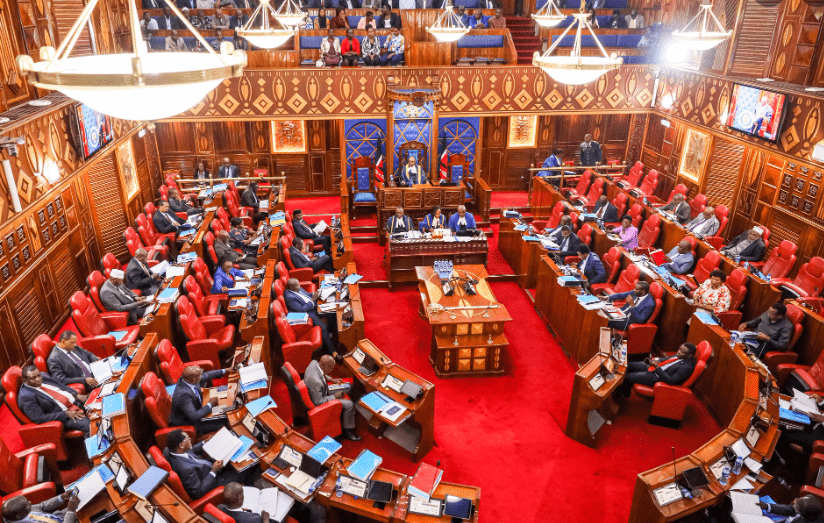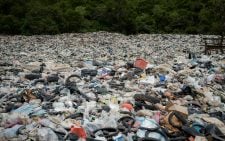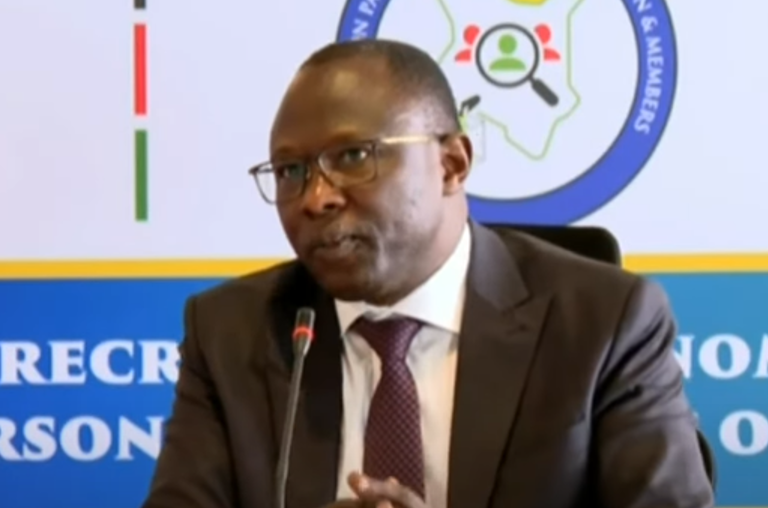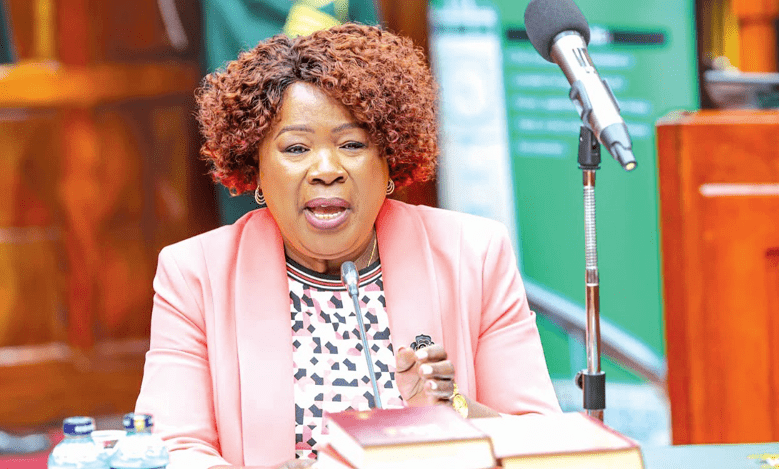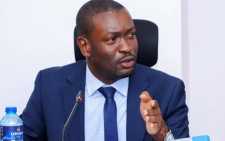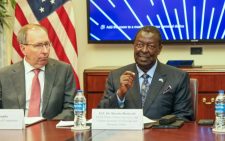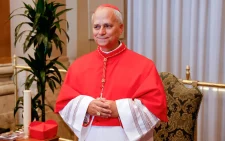Uhuru, UK premier Johnson to co-host education summit
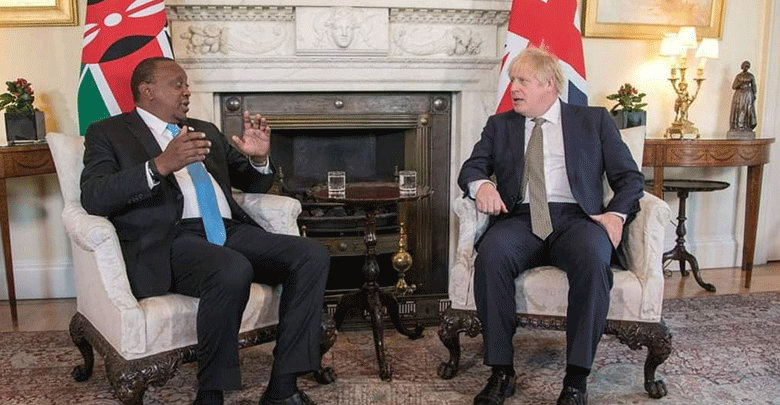
In a bid to support quality education for all children across the world, the global community is expected to host a summit with the aim of raising at least $5 billion to support education systems in up to 90 countries and territories.
Statistics indicate about 80 per cent of the world’s out-of-school children live in the 90 countries.
President Uhuru Kenyatta and UK Prime Minister Boris Johnson are expected to co-host the summit slated for July 28 and 29.
The Global Partnership on Education (GPE) Replenishment Summit aims to bring together heads of state, ministers, parliamentarians, thought-leaders, technical experts, civil society organisations, young people, business and community leaders, faith-based organisations, international financial institutions and academics interested in the pursuit of early childhood education and development.
Organisers hope to use the money raised to enable 175 million girls and boys to learn, reach a farther 140 million students with professionally trained teachers and get 88 million more children, including 46 million more girls, in school.
Prof Justin W. van Fleet, the President of Theirworld and the executive director of the Global Business Coalition for Education says there is an urgent need for bold commitments from brave leaders to ensure that every child is on track to reach their full educational potential.
Public financing
Fleet who welcomed the convening role played by President Kenyatta in raising the importance of public financing of education across GPE partner countries regretted that without urgent action, half of all the world’s children will not have the most basic literacy skills by 2030.
“This would have a devastating impact on some of the greatest challenges facing the world such as climate change, poverty and food security.
This why the work of President Uhuru Kenyatta galvanising countries across Africa to protect education budgets ahead of the education summit is so important,” he said.
In order to increase Kenya’s ECDE enrollement to over 80 per cent, Prof Fleet rallied President Kenyatta to commit at least 10 percent of Kenya’s education budget to ECDE.
The current expenditure, according to UNICEF is just 1.8 percent.
“Kenya’s youngest children are its future. By investing in the early years now, the President can leave a long-lasting legacy that inspires the next generation of doctors, scientists, and business leaders,” said Theirworld president.
Data from UNESCO shows that most countries spend an estimated two percent of their education budgets on pre-primary education on average, a percentage that education have argued is much lower than the recommended international target of 10 percent.
Scholars insist that funding for pre-primary education is a very small fraction of the total education spending across sub-Saharan Africa with research by UNICEF showing that young children are not a priority when it comes to budgetary allocation both from governments and development partners.
Government budgets
Available evidence suggests that the pre-primary education expenditures as a percentage of total government budgets on education in sub-Saharan Africa has barely changed since 2002.
The next month’s summit will be a platform for governments and other organisations to announce voluntary, global commitments—including financial ones – that will accelerate progress on ECDE and is also hoped to support the exchange of diverse perspectives from the participants drawn from different backgrounds involved in Early Childhood Development and Education (ECDE).
The summit will bring the two co-hosts together for the second time this year. On May 13, President Kenyatta and the British PM Johnson directly engaged with pupils at Westlands Primary School and Cleves Cross Primary, aged between 9 and 11 years, to create a high-profile moment for championing education for all, with a special focus on technology and girls’ education.
